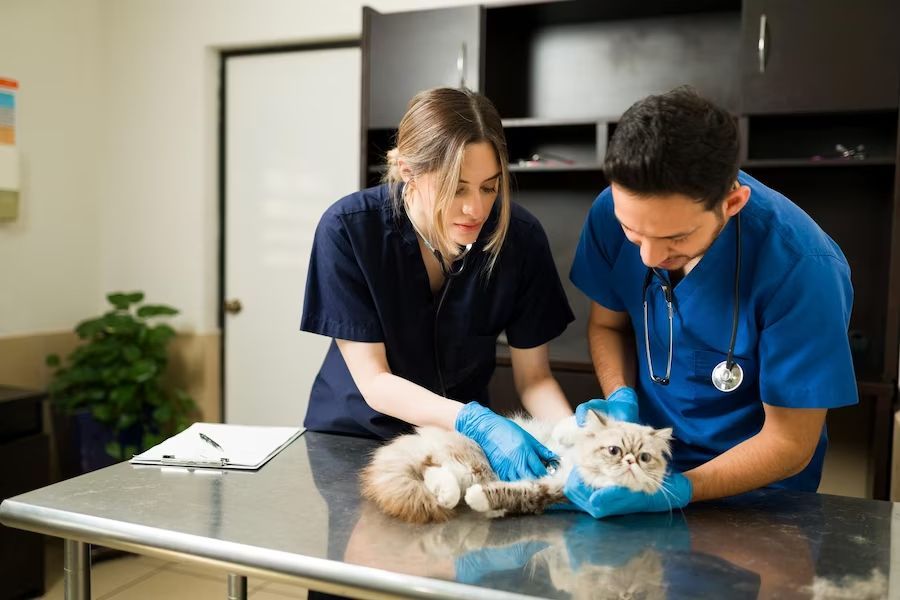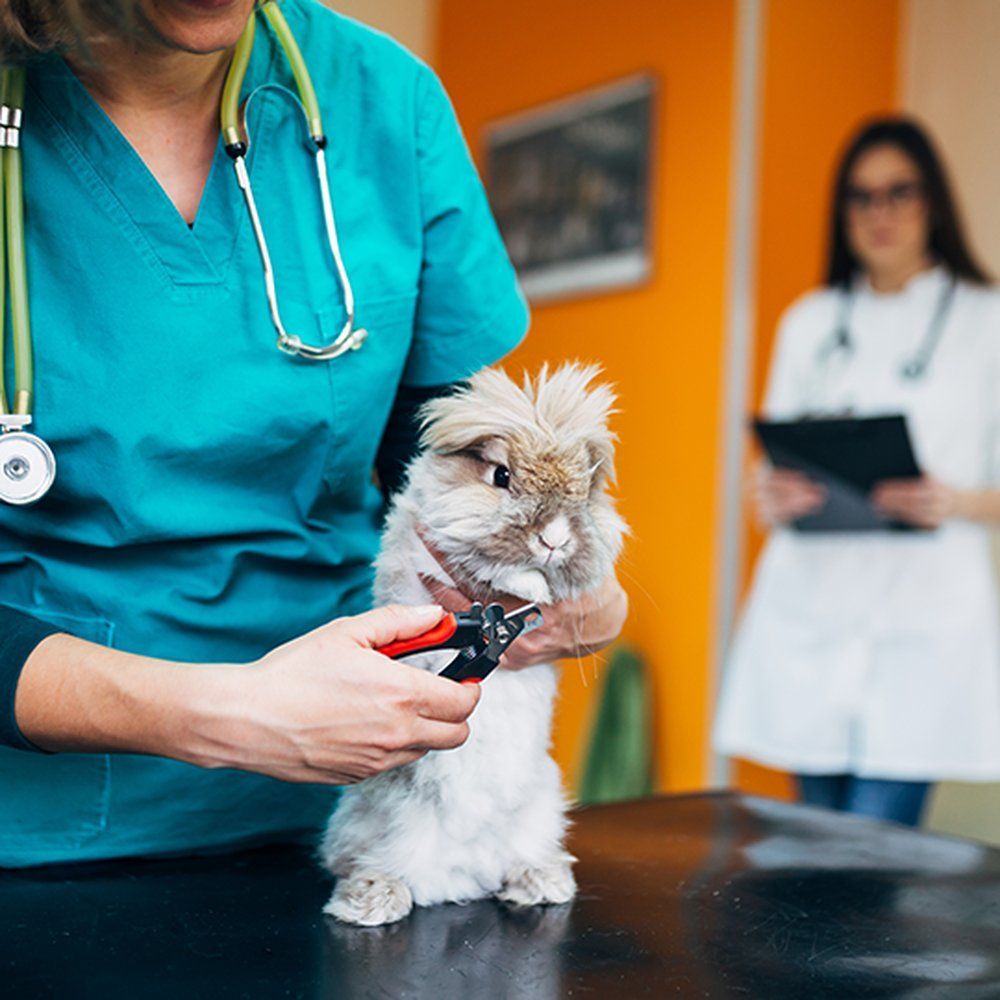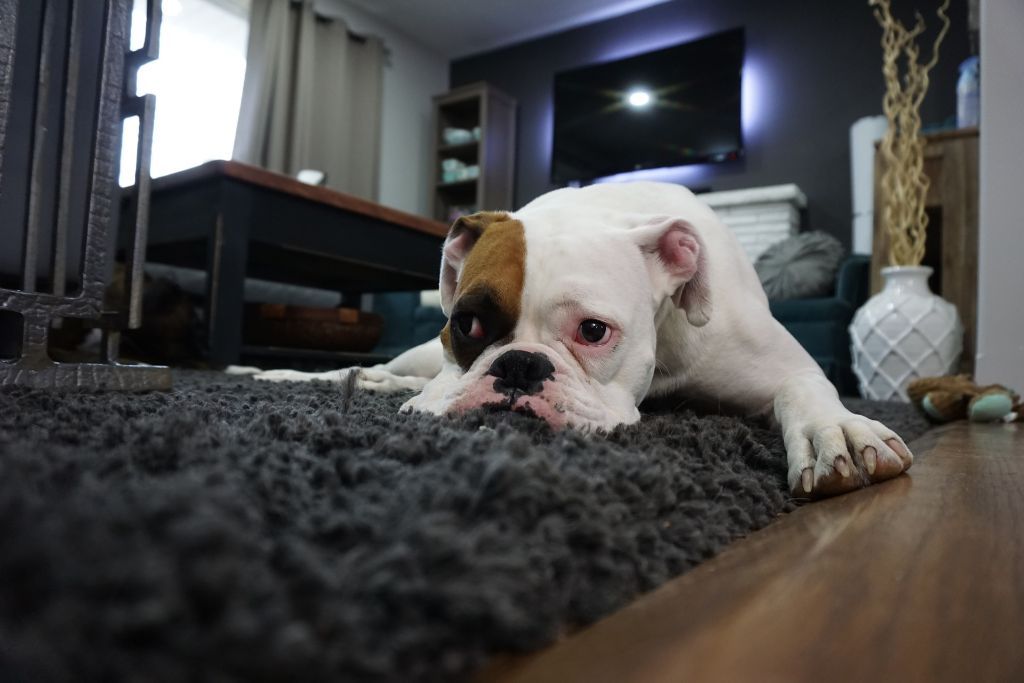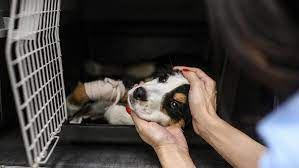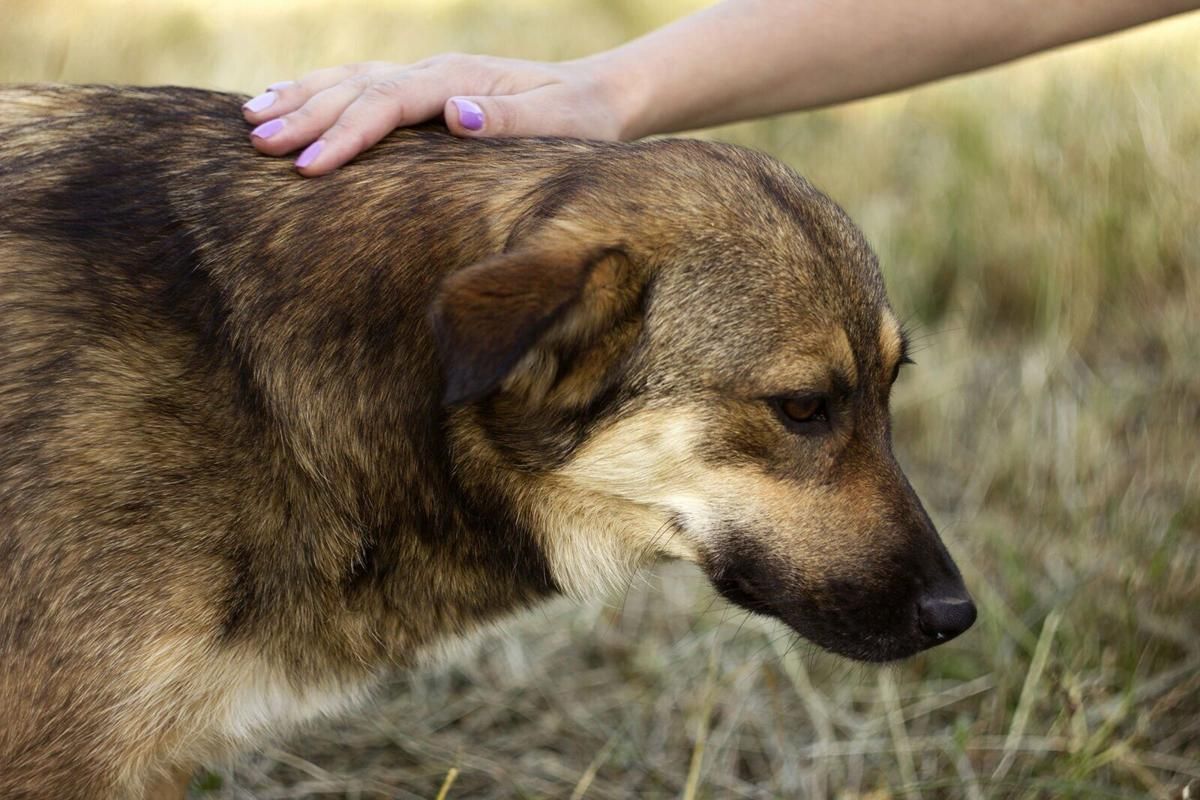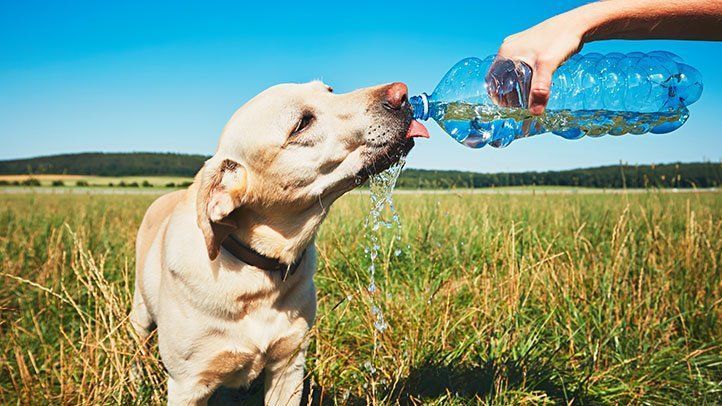7 Common Pet Emergencies in Georgetown, DC
Do you live in Georgetown, DC and have a pet? If so, it’s important to understand the types of pet emergencies you might commonly face in this area. As a responsible pet owner, you should be well aware of the concerns you might have with your furry friend in Georgetown.
Most Common Emergencies Pet May Face in Georgetown, DC
In this article, you’ll find out about the most common pet emergencies to be prepared for in this part of the country. Read through this list so you’ll know how to respond if something goes wrong with your pet.
Heatstroke
During the hot summer months, Georgetown sees an uptick in the number of heatstroke emergencies in pets. Even though this area is located in a cool climate, the temperatures still climb high enough to cause heatstroke during the summer, especially in pets who are left alone in hot vehicles.
Never leave your pet alone in a vehicle for any length of time. Look for early signs of heatstroke including excessive drooling and heavy panting , and be prepared to respond before the problem gets out of hand.
Frostbite
During the winter, Georgetown gets cold enough that frostbite could be a concern for pets who are left outside too long. Frostbite can happen quickly on exposed parts of a pet’s body, including the paw pads, but it can also occur elsewhere on your pet depending on the length of time exposed to the cold.
Signs of frostbite include skin that has turned bright red, blue, or grayish-black as well as sensitive and tender skin. If you suspect your pet has frostbite, go to the emergency vet in Georgetown, DC right away, as tissue damage could spread and worsen without treatment.
Spider Bite
There are many types of venomous spiders present in the Georgetown area, which is why spider bites are considered a common pet emergency in this area. Even a pet who stays indoors most or all of the time may be at risk of being bitten by venomous house spiders too. Spider bites affect different pets differently, but venomous bites are usually a serious problem that require immediate attention.
If a spider bite on your pet’s body begins to swell, ooze, or become very inflamed, this may be an emergency. Also, look for signs of serious allergic reactions including swelling of the face, rapid heart rate, inability to breathe, and high body temperature. These symptoms indicate something worse is going on.
Auto-Related Injuries
Since Georgetown is such a busy city region, the risk of vehicle-related trauma is high for pets in this area. Pets who get away from their owners or who are allowed to roam outdoors are at a significant risk of being struck by a moving vehicle in Georgetown.
If your pet is injured by a vehicle, it’s crucial to take them to the emergency vet in Georgetown immediately. Even if your pet seems to be fine, there could be internal damage or internal bleeding that might contribute to a much more serious problem you can’t see.
Ingestion of Toxic Substances
With so many households and indoor pets in the region, Georgetown is also prone to common pet emergencies relating to the ingestion of toxic substances and other common poisons. Many of these substances include cleaning chemicals and antifreeze as well as accidental ingestion/overdose of household medications for both human and pet family members. Pets may also be prone to ingesting foods they shouldn’t have.
Another common type of toxic substance ingestion common in Georgetown is toxic plants. Pets in this area may chew on houseplants or yard plants that are dangerous for them. If they ingest enough of these plants, they may suffer from toxicity buildup from the plant in question.
Digestive Blockage
Pets in Georgetown may also be prone to digestive blockages due to swallowing foreign objects. Since pets in this region are often house pets, this means they are able to have access to household items that may be dangerous to them if not stored properly. Young or overly curious pets—or those who like to chew a lot—may accidentally swallow items that cause a digestive blockage because they can’t be passed through feces.
When this happens, it’s important to have an emergency vet in Georgetown care for your pet right away to prevent any lasting damage to the digestive system.
High Rise Injuries
During warm seasons, it’s not uncommon for windows and doors to be left open to allow a nice breeze into the apartment. Often cats also love to sun-bathe on balconies and/or can be distracted by birds as well. Though most people think cats always land on their feet, they can be prone to a syndrome of injuries if they fall from tall city apartment/heights.
Common injuries seen include fractured jaws, broken teeth, broken bones, lung injuries, ruptured bladder, bleeding, and/or even death. It’s more common to see high-rise injuries in cats than dogs. Unfortunately, dogs are less likely to survive falls than cats.
If your pet sustains a fall, they should be evaluated by a veterinarian for severity of injuries.
24/7 Local Veterinarian Can Help with All Common Pet Emergencies in Georgetown, DC
As with any pet emergency, it’s important to have a good quality emergency vet you can trust if any of these situations arises with your pet. An emergency vet that is available after-hours and on holidays, so you can always have access to the help your pet needs at any time.
Take the time to find an emergency vet before you need to use one. This way, you’ll know exactly who to call during an emergency situation and you won’t have to be scrambling to find someone when time is of the essence.
24/7 Local Veterinarian is an emergency animal hospital that specializes in emergency care for pets, and we’re opening a location very soon in Georgetown, DC. Our team members are here for you and your pet when you need us most, which is why they’re fully equipped and trained to handle all common pet emergencies. When it comes to your pet’s health, never hesitate on making sure they receive the care they need.
Contact with your local vet for the best advise
Resource Center

